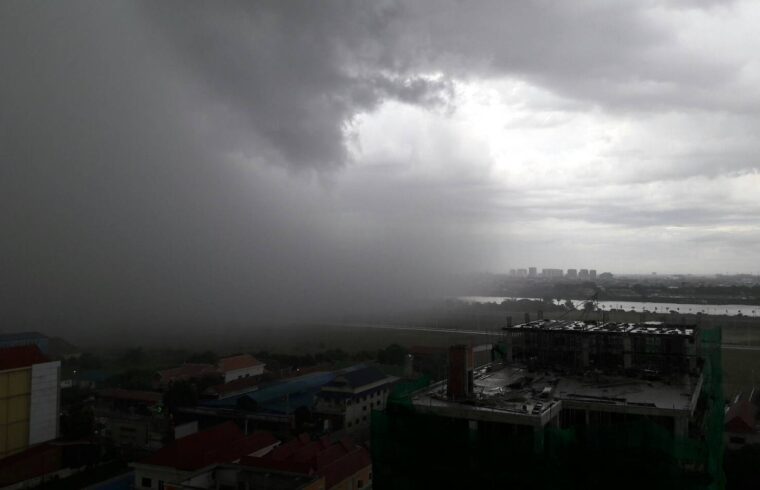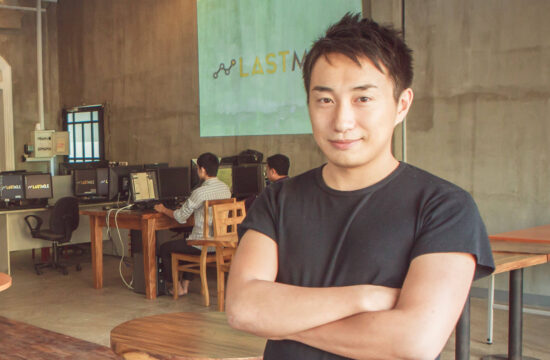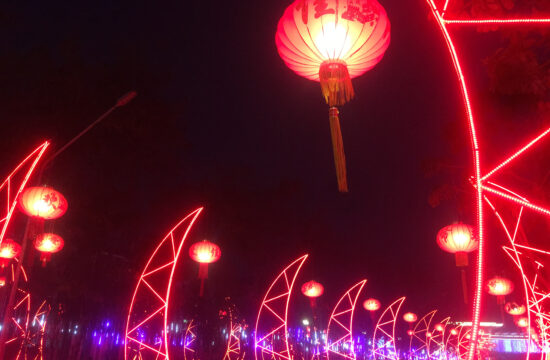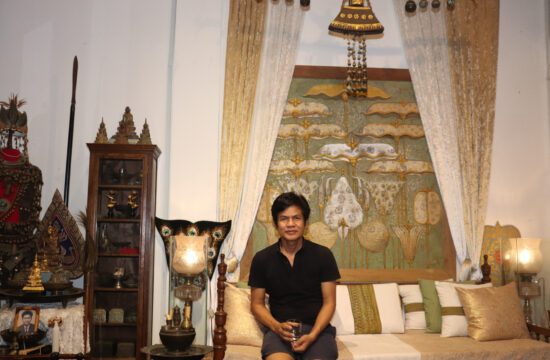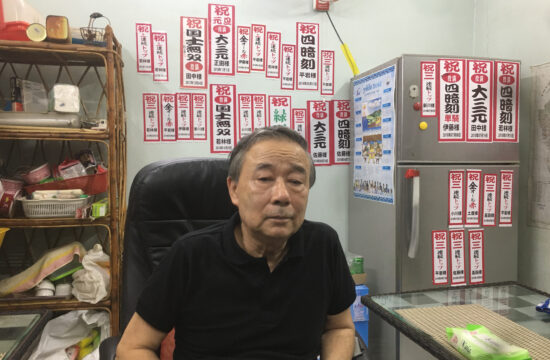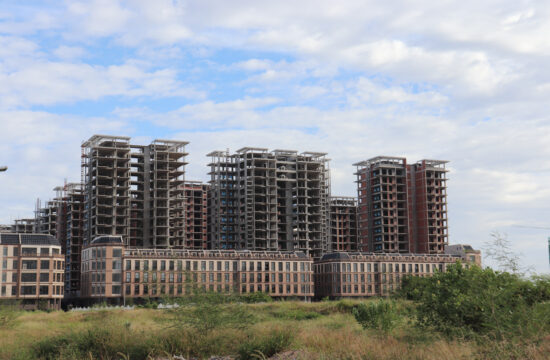What definitely comes to my mind every time I am back in Japan is the difference in the commodity prices between Cambodia and Japan.
In Japan, if you buy some cigarettes and canned coffee, the price will easily get over 500 yen. But if you buy the same things in Cambodia, you’ll only spend 2.5 USD. It is too obvious, and if only I could remember it. But sometimes in Japan, almost automatically, I would react to the price that I am told by the cashier with a “What?”
The consumption tax in Japan had been increased to 8% during the time I was staying in Cambodia. It was not actually a surprise, but there were times that I felt lost and not sure about the prices of train tickets or drinks in a vending machine that I used to buy in the past. I was just like “What? Did it cost this much?”
However, there was another thing that surprised me even more than that when I was back in Japan this time because I could see foreign languages such as English, Chinese, or Korean written and used in so many places in Japan. It was not that those languages were never used in Japan in the past, but compared to when I was in Japan in November last year where I didn’t notice any difference, I felt very surprised to see so many changes happening in just 6 months.
This feeling of surprise might also be caused by the fact that this time I had been spending half of my time in Japan with American friends. But I really couldn’t hide my astonishment when English menus were passed to us in some common bars by those staff who could speak English very fluently.
If you let me say it in more detail, I can tell you that you will see many foods stands in the service areas along the expressways selling Vietnamese food, Thai food, Taiwan food, etc. And hot spring spas which allow people with tattoos are also increasing.
I guess these are happening in preparation for the 2020 Tokyo Olympics, where many stores in Japan have started their actions to get themselves ready for welcoming foreign customers in the future.
However, I’ve got an impression that they are lacking one important step. For example, although the menu is all written in English and each name of the food is neatly translated into English, what foreigners can see is just a long list of food names and their prices, but they still cannot imagine what kind of food they’ll be served, especially for those who have never eaten those kinds of food at all. I think that even a small photo of each dish on the menu will help foreigners a lot to imagine what kind of food they are ordering. Similarly for hot spring spas, showing tattoos publicly at a bathhouse is allowed, but I cannot get why it is not allowed to do so in the restroom after the bath, and people with tattoos need to hide them under their coats. After the hot spring, the body temperature is increasing, so don’t they think that it is too uncomfortable for people to wear coats? If hiding tattoo is a must, at least they can lend some proper bathrobes to their customers.
Of course, not all places are with this kind of hospitality, and it might be just a coincidence that I experienced these in some places that I went to. I know it because when I go to some restaurants in Cambodia, their menus show only the names of the food. So I myself try to imagine the food only from those names on the menu, but when the food I ordered is ready, sometimes a completely different thing appears. I experienced this in Cambodia as a foreigner to this country, so I think that it is also true for other foreigners in Japan to experience and think in a similar way.
After all, there are still 3 more years to go before the Tokyo Olympics, so now is like a training period for Japan to prepare itself for welcoming foreigners in the future. Not until the Olympics was decided to be held in Tokyo that Japan started to pay attention to how to treat foreigners, starting by making a change in the menu in some restaurants so that it becomes easier for foreigners to use the service. With only 6 months, I can see so many surprising changes, so I guess that, in the next 3 years, more improvement will be achieved including the problems that I am concerned about, and Japan will keep being a country with the best hospitality.
It is the happiest thing for us Japanese when we know that more foreigners visiting Japan can start to like Japan. And we, who are living in foreign countries, really hope that Japan will not disappoint those foreigners who always hold a good image of and like such a country as Japan.
